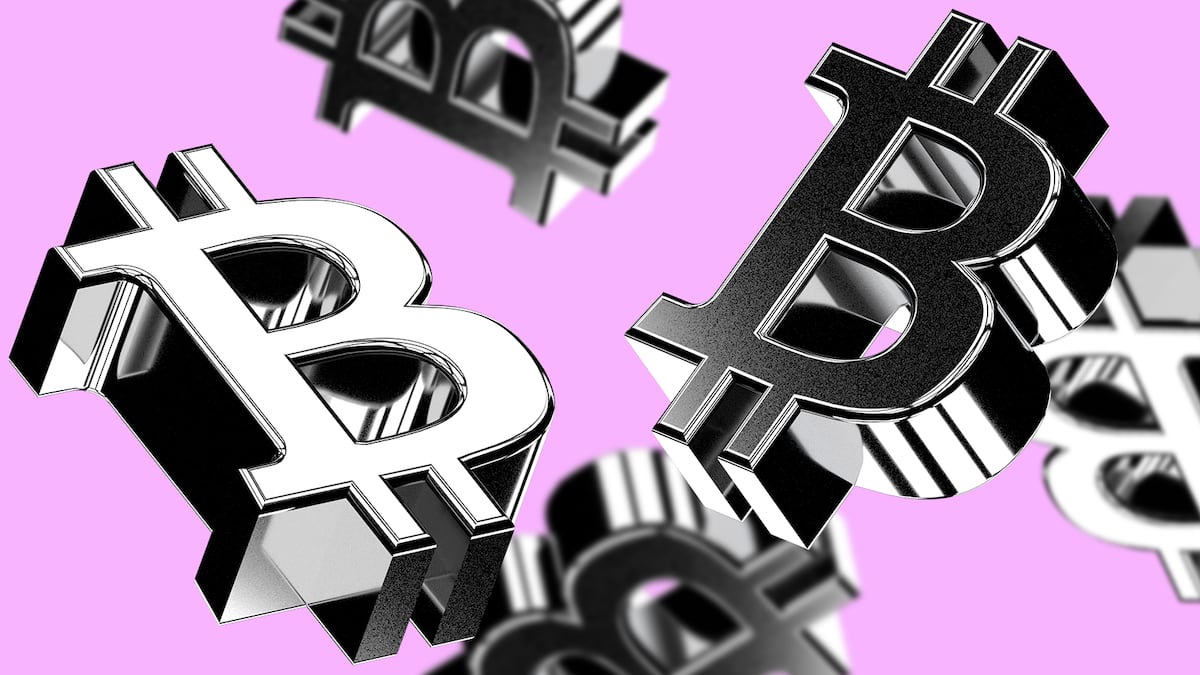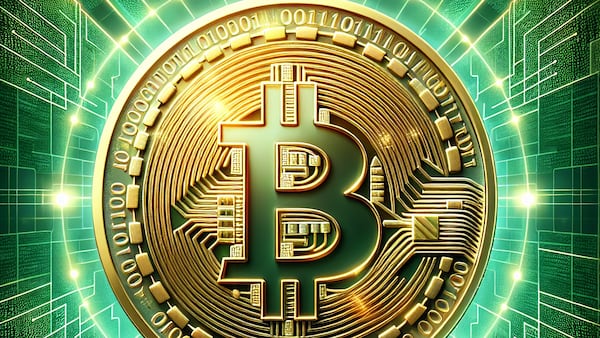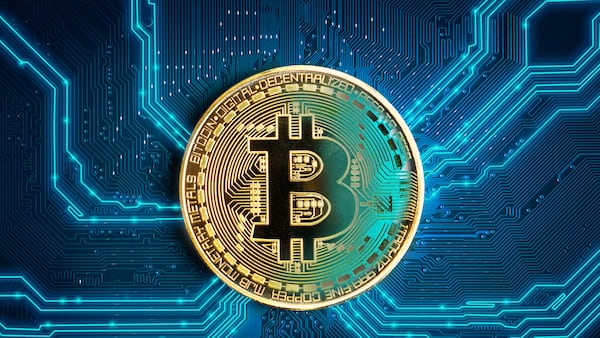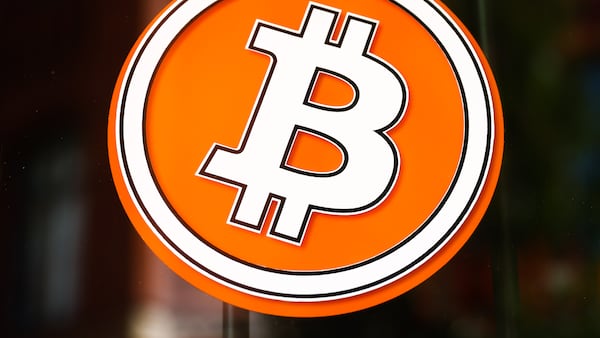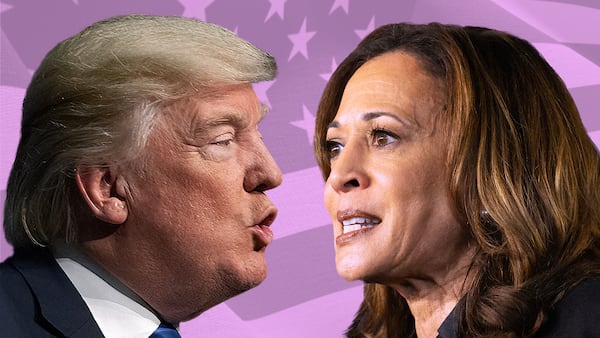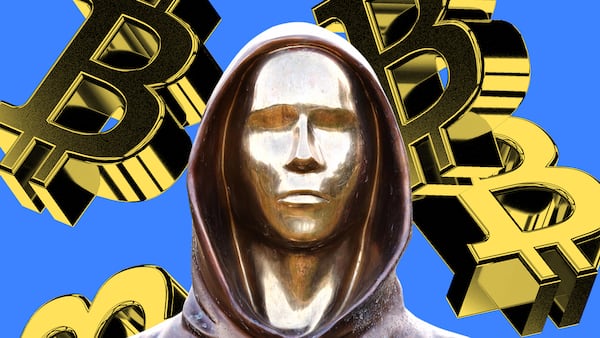- The Supreme Court declined to hear a case concerning Bitcoin seized from Silk Road.
- The decision could pave the way for the government to sell that Bitcoin.
- The sale would exceed that from the German government and Mt. Gox creditors, a potential drag on Bitcoin's price.
Markets shrugged after the US Supreme Court declined on Monday to hear a case concerning some 69,000 Bitcoins held by the US government.
Investors ignore the decision at their peril.
“I’m looking at this as kind of similar to what happened with Mt. Gox,” Brian Rudick, managing director of research of crypto market maker GSR, told DL News.
That’s because the government is poised to sell the Bitcoin, which it seized when it shut down the infamous dark web marketplace Silk Road.
“People may not be paying that much attention now, but to the extent this narrative picks up, or people actually do see the US government selling it,” Rudick said, “this could cause a decent downward draft on the markets.”
While some have questioned whether the US is permitted to sell the seized Bitcoin, Rudick believes the Supreme Court’s decision likely removed any barriers to a fire sale, he said, citing analysis from Scott Johnsson, general counsel at Van Buren Capital.
That Bitcoin was worth more than $4.2 billion at Wednesday’s prices, which exceeds the amount sold by the German government and Mt. Gox creditors this year.
“Bitcoin was down nearly 20% from the [2024] highs at one point in June,” Rudick said. “I think the main driver was the coming Mt. Gox disbursements. You also had German selling. You also had, at that point, a hawkish Federal Reserve.”
Ryan Lee, chief analyst at Bitget Research, said a sale could lead to short-term volatility. But it depends how the government chooses to sell the crypto.
“If the sale is done in phases, the market might gradually absorb this batch of Bitcoins,” he said.
“As the Bitcoin market matures, with more institutional investors and hedge funds involved, it may have the capacity to handle such sales.”
To be sure, there are other factors that can buoy Bitcoin in the coming weeks and months.
Those include rising liquidity around the world, the US election, and the distribution of up to $16 billion to FTX creditors.
The November 5 election is seen as a crossroads for the broader crypto industry.
Republican presidential nominee Donald Trump, once a critic, has embraced crypto and some of its pet causes. He has promised to create a “national Bitcoin stockpile” and to pardon Silk Road founder Ross Ulbricht, who is currently serving a life sentence for drug trafficking, conspiracy to commit computer hacking and money laundering, among other crimes.
Meanwhile, Trump’s opponent, Democratic Vice President Kamala Harris, has largely avoided the subject, though celebrity backer Mark Cuban has insisted she will take a softer approach than President Joe Biden.
But Rudick said there are three reasons even a Harris victory in November would be good for crypto.
“One is, there’s just a lot of uncertainty weighing on the markets right now, and even if she wins, it removes that uncertainty,” he said.
“Number two, I think that she will be more friendly than the current administration. And then number three, the price of Bitcoin is actually lower [today] than when politicians started to embrace it.”
Bitcoin hit an all-time high of $73,000 in March, just before Trump began his courtship of the crypto industry.
Furthermore, Rudick said as much as $8 billion returned to FTX creditors could be reinvested into crypto.
But market research firm K33 is less hopeful.
Less than one-fifth of the expected payout is likely to be used to buy crypto, K33 said in a research note published Tuesday.
“We expect latent demand from FTX reallocators of $2.4bn after the bankruptcy repayment procedure, which will likely unfold in multiple waves throughout the next year,” K33 analysts wrote, “meaning its overall impact on the crypto market may be soft.”
Aleks Gilbert is DL News’ New York-based DeFi correspondent. You can reach him at aleks@dlnews.com.
